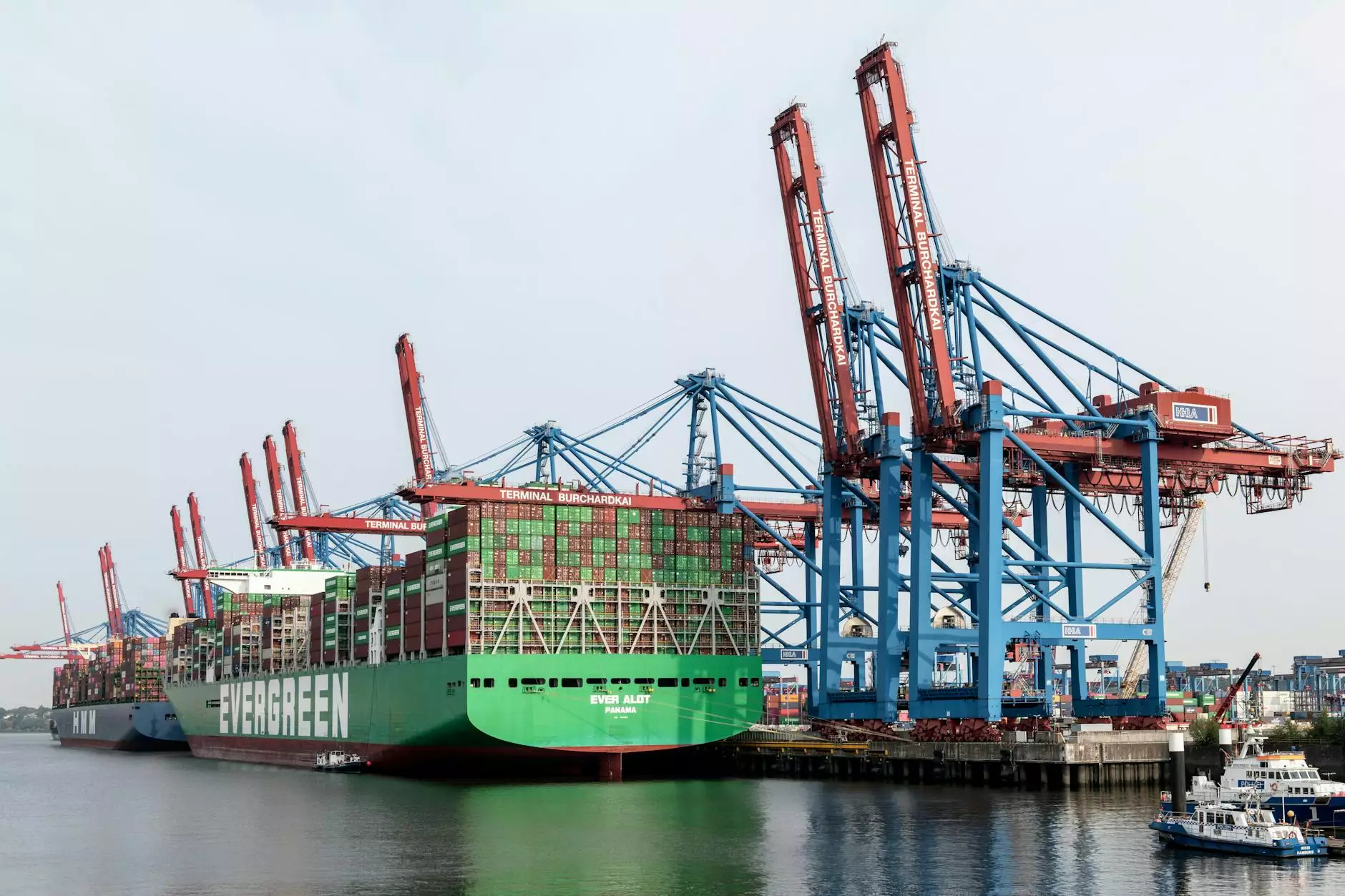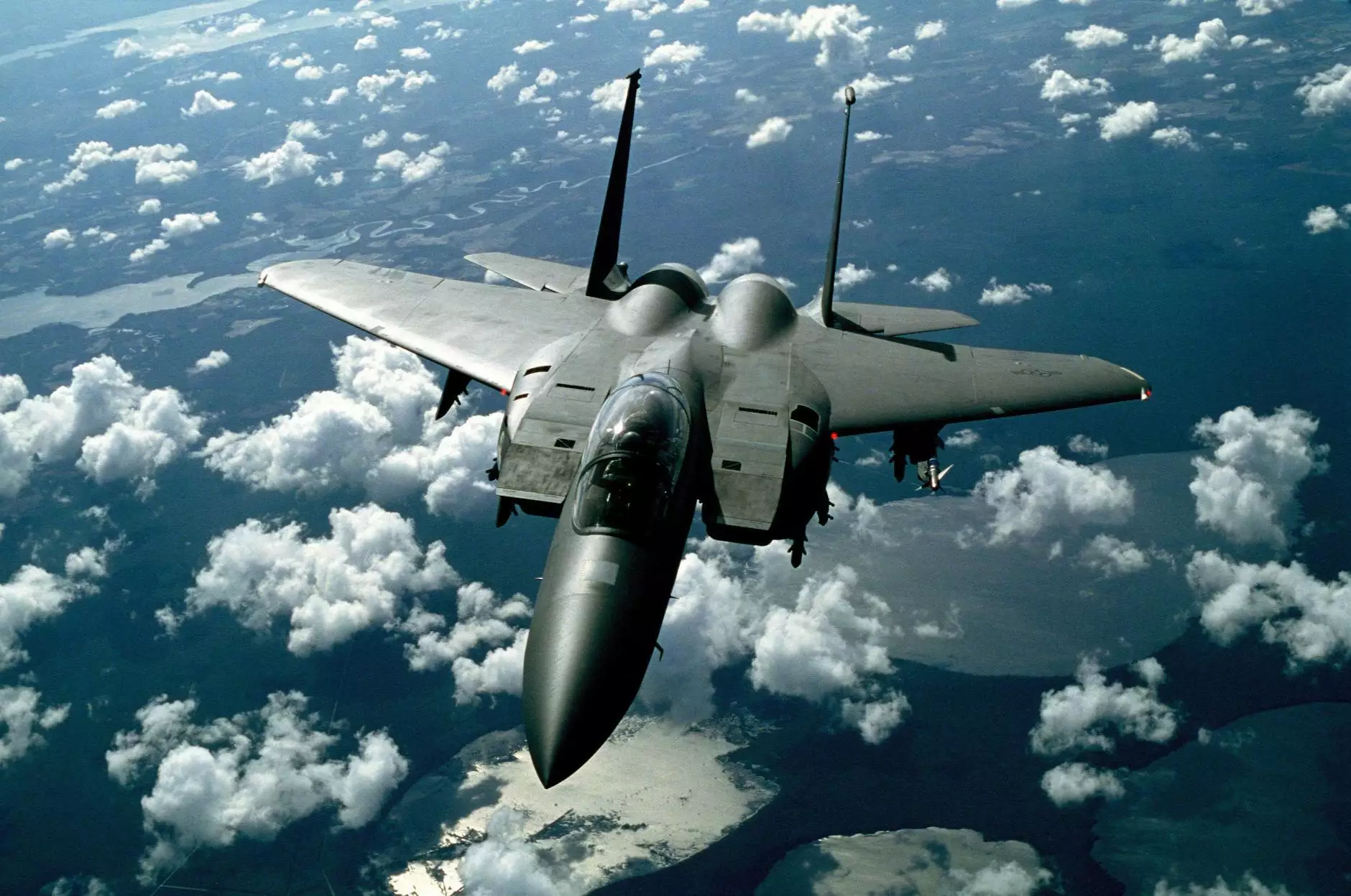Understanding Air Freight Cost Per Pound: An In-depth Guide

In today's fast-paced business environment, efficient logistics are more crucial than ever. One component that significantly impacts the supply chain is air freight. Businesses often seek reliable and cost-effective shipping solutions, particularly when considering the air freight cost per pound. This article delves into everything you need to know about air freight costs, helping you make informed decisions that enhance your business operations.
What is Air Freight?
Air freight involves transporting goods by air, utilizing cargo planes or commercial airlines. This method is renowned for its speed and efficiency, making it an ideal choice for urgent shipments. Unlike other transportation modes, air freight drastically reduces transit times, delivering goods to their destination within hours rather than days or weeks.
Importance of Understanding Air Freight Cost Per Pound
Understanding the air freight cost per pound is essential for businesses aiming to maintain a healthy bottom line. Various factors influence these costs, including:
- Weight and Volume: Rates are often calculated based on the billable weight, which is determined by the greater of the actual weight or the dimensional weight.
- Distance: The distance between origin and destination plays a significant role in determining the overall cost.
- Type of Goods: Certain items, especially those that are hazardous or require special handling, may incur additional charges.
- Service Type: Options range from express to economy services, with varying costs and delivery times.
By understanding these elements, businesses can optimize their shipping processes, ultimately leading to cost savings and improved service delivery.
Factors Influencing Air Freight Costs
Let’s explore the key factors that contribute to the air freight cost per pound:
1. Weight and Dimensions
As mentioned earlier, the billable weight determines the freight cost. Carriers use a formula to calculate dimensional weight, which can inflate costs if the shipment is large but light. It's crucial for businesses to effectively manage both size and weight to minimize freight charges.
2. Origin and Destination
Shipping costs can vary significantly depending on where the goods are coming from and going to. Remote locations or regions with limited air freight services may incur higher prices due to the additional logistics required to reach these destinations.
3. Seasonality and Demand
During peak shipping times, such as holidays, air freight prices can surge due to increased demand for air cargo space. Staying aware of seasonal trends can help businesses strategically plan their shipments to avoid elevated costs.
4. Service Options
Different shipping services offer varying speed and reliability levels. For instance, expedited shipping is more expensive than standard air freight. Businesses should assess their needs to select the appropriate service level that aligns with their budget and timelines.
Calculating Air Freight Cost per Pound
To effectively calculate the air freight cost per pound, follow these generalized steps:
- Determine Actual Weight: Weigh the shipment using precise scales.
- Calculate Dimensional Weight: Use the formula: (Length x Width x Height) / Dimensional Weight Divisor. Carriers have specific divisor values, typically between 166 to 600.
- Evaluate Billable Weight: Compare the actual weight to the dimensional weight. The higher of the two is the billable weight.
- Multiply by Rate: Once you establish the billable weight, multiply it by the air freight rate charged by the carrier to obtain the total transport cost.
Being able to calculate air freight costs accurately can allow businesses to optimize their shipping strategy better.
Strategies for Optimizing Air Freight Costs
Once you have an understanding of the factors affecting air freight cost per pound, consider implementing these strategies to optimize your shipping expenses:
1. Negotiate Rates with Carriers
Building strong relationships with several air freight carriers can empower you to negotiate better rates. Leverage your shipping volume to solicit discounts or favorable terms.
2. Utilize Freight Forwarders
Freight forwarders can provide invaluable expertise in routing your shipments efficiently. They often have established contracts with carriers, allowing you to benefit from lower rates and additional services.
3. Optimize Packaging
Efficient packaging reduces the size and weight of shipments, allowing for lower dimensional weight calculations. Consider using custom-sized boxes and reusable containers to streamline your packing processes.
4. Consolidate Shipments
Consolidating shipments can lead to substantial cost savings. Instead of shipping multiple small packages separately, combining them into one shipment can help achieve a lower air freight cost per pound by utilizing fewer resources.
5. Choose the Right Service
Selecting service levels judiciously based on urgency and budget can help control costs. Assess whether expedited delivery is necessary or if standard services suffice for your shipment timeline.
The Role of Technology in Air Freight
Technology continues to revolutionize businesses, including logistics. Several technological advancements have improved transparency and efficiency in air freight. Key technologies include:
- Tracking Systems: Real-time tracking allows shippers to monitor their cargo status, provide updates to customers, and react promptly to delays.
- Automated Pricing Tools: These platforms analyze shipping requirements and provide quotes from multiple carriers, allowing businesses to make data-driven decisions.
- Supply Chain Management Software: Modern SCMS helps businesses plan shipments more strategically, ensuring smoother operations and cost efficiency.
Air Freight Services Offered by CargoBooking.aero
At CargoBooking.aero, we understand that logistics needs vary from business to business. Our comprehensive air freight services are designed to meet diverse transportation requirements. These services include:
1. Express Services
If your organization requires fast delivery, our express air freight services ensure your goods reach their destination in record time.
2. Standard Air Freight
For less urgent shipments, our standard air freight option provides reliability at a more economical rate.
3. Cargo Handling
We offer specialized cargo handling services to manage sensitive or hazardous goods, ensuring compliance with regulations and safe transport.
4. Customs Brokerage
Our customs brokerage team is knowledgeable about national and international regulations, ensuring that your shipments clear customs smoothly and without unnecessary delays.
Conclusion
In conclusion, understanding the air freight cost per pound is crucial for businesses aiming to streamline their shipping and logistics processes. By identifying the factors that influence these costs, accurately calculating expenses, and leveraging strategies for optimization, companies can enhance their competitiveness in the market. Additionally, utilizing a reliable partner like CargoBooking.aero can further improve efficiency and cost savings in air freight management.
As you navigate the complex world of logistics, remember that informed decisions lead to cost-effective solutions in air freight. Embrace the tools and resources available to ensure your business thrives in the global marketplace.



